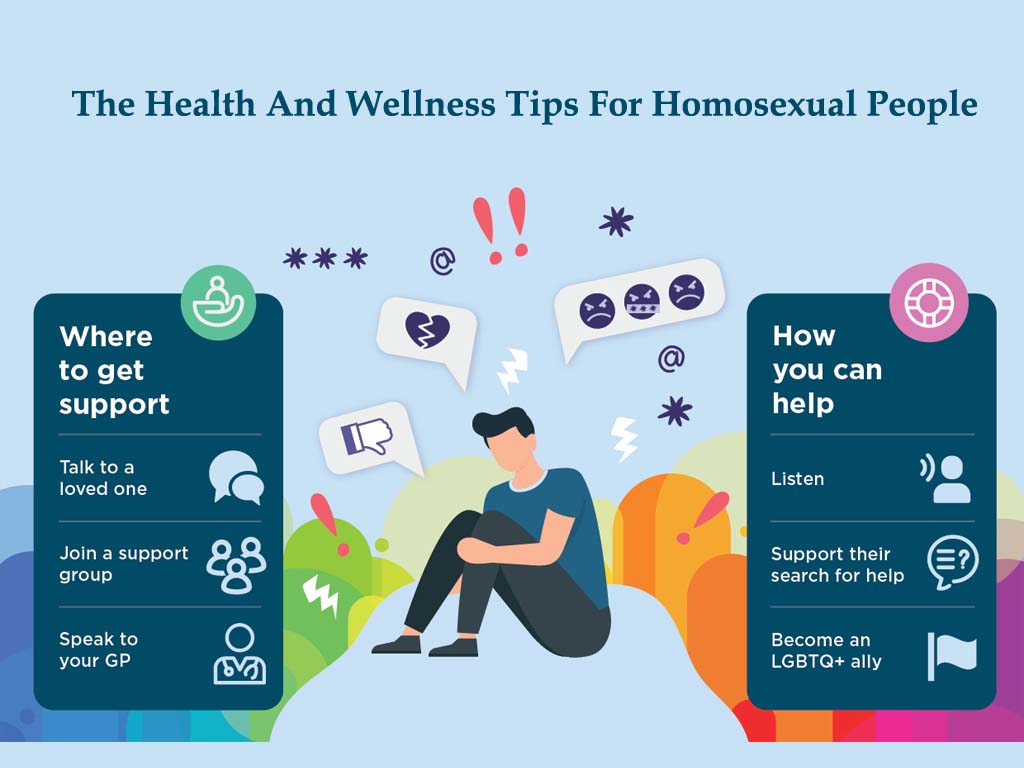
Appointment Contact
+91 9822570101P294+H8J, RAMDAS PETH
Akola, Maharashtra 44400110:00 am - 01:00 pm | 4:00 pm - 8:00 pm
mmdrkelkar@gmail.com- Home
- About Us
- About Kelkar Hospital
- Dr. Deepak Kelkar – Senior Psychiatrist
- Dr. Amol Kelkar – Consultant Psychiatrist
- Dr. Radhika Kelkar – Specialist in Mental Health Care
- Our Hospitals
- Services
- Psychometric tests offered
- Sexual Problems
- Gallery
- Courses
- Contact Us



